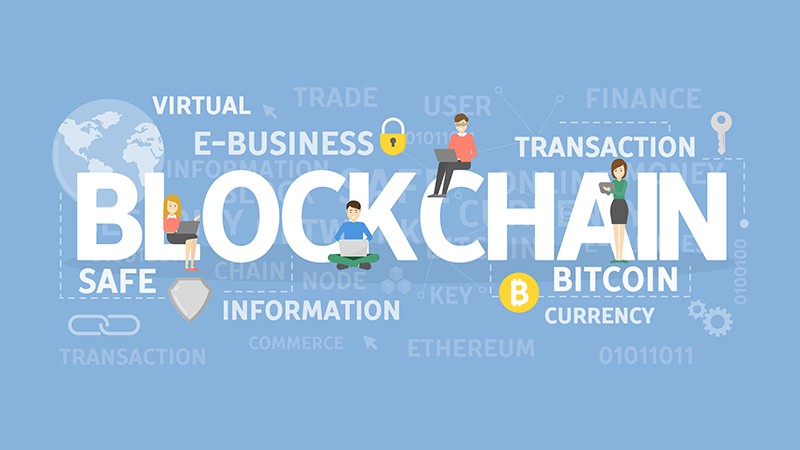How can you use DevOps in blockchain?
Both DevOps and blockchain technology are quite popular nowadays. They are efficient and widely used in different areas. So, how can we merge them together? Why do you even need DevOps in blockchain?
At first, let’s have a closer look to the blockchain and DevOps.
DevOps as a methodology is a practical implementation of Agile – the flexible approach to software development. One of the main ideas of DevOps is automation. DevOps transformation often means cloud migration and routine automation as well. To accomplish it, DevOps works with great tools like Terraform, Kubernetes, Docker, etc.

DevOps approach provides a continuous cycle of integration, deployment, monitoring and logging. For example, Docker containers help to store all the information you need, which includes software and data. Such containers can be quickly restarted, simply moved and more.
Ok, but what does it have to do with blockchain?
A simplified explanation of blockchain
There are several ways to store and process information. One of them is a big database containing all the data. You can store information in this database, you can process it. But the main concerns are safety and speed. A regular database is a great place to store information, but if something goes wrong, you lose data. The blockchain looks like… well, yes, blocks in the chain. These blocks are called nodes and the information is stored there.
At the same time, all the blocks are connected and the same array of data, so-called ledger, is stored everywhere at any time. You might hear something about the safety of blockchain transactions and data storage. The community of blockchain creators made really great tools. So, why do you need the DevOps workflows in this case?
DevOps in the blockchain
As we said above, one of the DevOps tools is containerization. So, we can put the blockchain node in the container. Such manipulation allows you to keep data much safer and have faster access to the data. If you lose some part of the regular database, you lose it forever except the situation when you have a backup. If you lose a node, the data will be in another node because they are connected and the node will restore the data automatically. So, you won’t lose a small piece of your data. Also, DevOps provide faster processing because of routine automation.

Thus said, you’ll have a great combination of two powerful technologies. As a result, your infrastructure will be fast, safe and efficient.
How to implement DevOps in the blockchain system?
Obviously, you need DevOps engineer who will make the DevOps transformation of your system. There are a few common steps:
- Assessment – when the DevOps specialist evaluates the current infrastructure for a better understanding of further doings.
- Strategy – when the plan of the transformation is created.
- Cloud migration if needed. At this step, the DevOps team moves the current infrastructure to the cloud, sometimes they also redesign of the infrastructure if it’s outdated and isn’t compatible with cloud computing.
- The DevOps transformation. This step includes a lot of actions. DevOps engineer provides Infrastructure as Code, creates Continuous Integration and Deployment pipeline, tunes the Logging and Monitoring system and more.
- Maintenance. This step depends on the engineers you hire. Some teams maintain the product after DevOps transformation and some don’t.

As you can see, it is quite a complicated process, so we recommend you to hire experienced specialists. Usually, skilled DevOps engineers work with Managed Service Providers (MSP), so you should better hire an MSP company and they will consult you and provide you with a dedicated DevOps team.
This is the safest and fastest way to implement DevOps services to your blockchain project!

